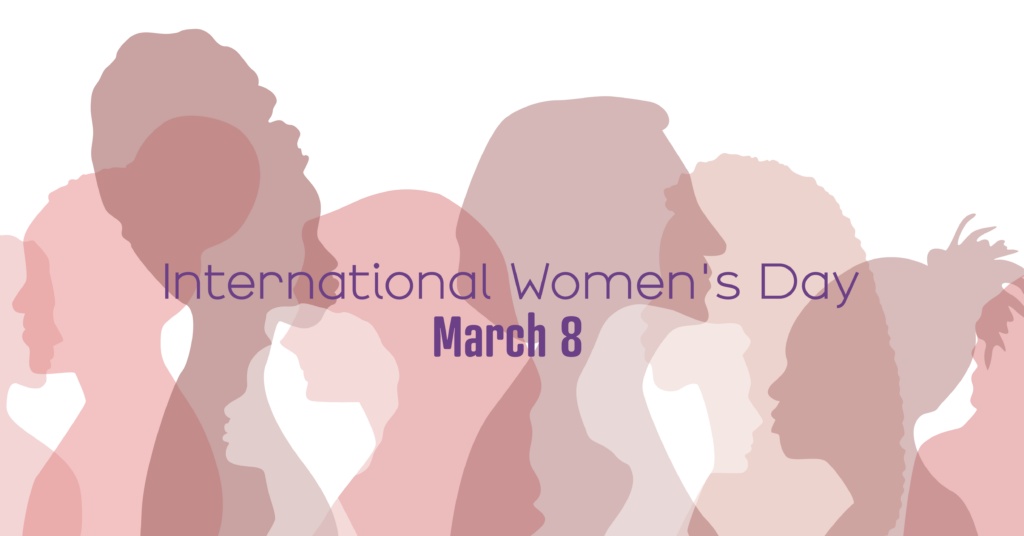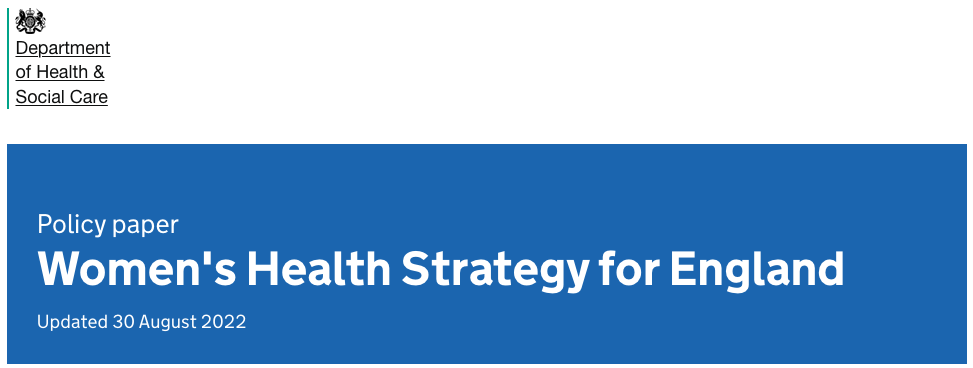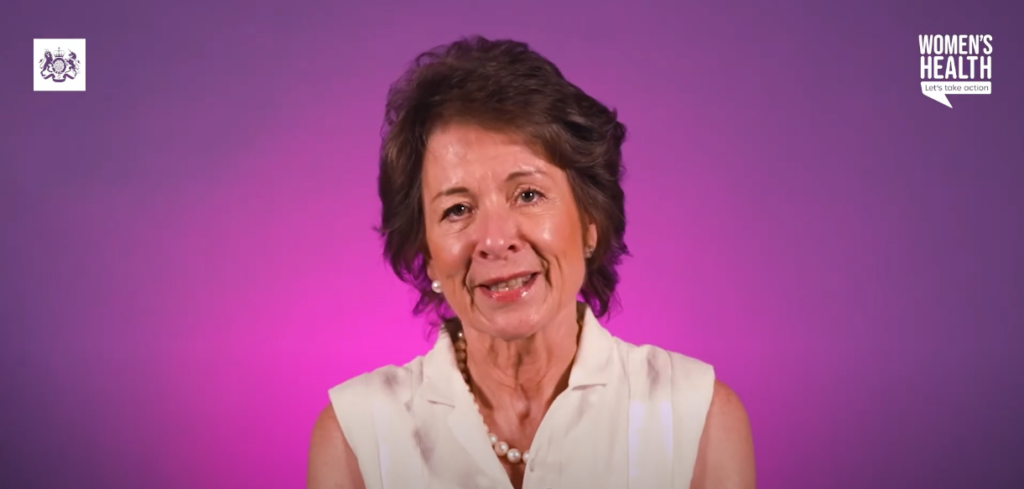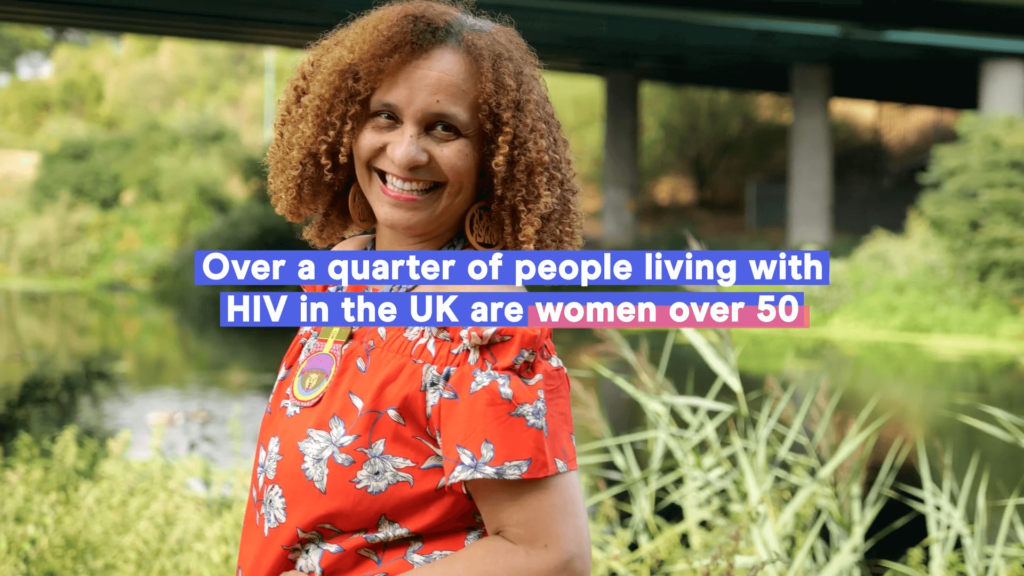
This International Women’s Day, Transformation Partners in Health and Care (TPHC) are celebrating the work we’ve been supporting that contributes to closing the gap in women’s healthcare.
‘This country’s health and care system belongs to us all, and it must serve us all. However, sadly, 51% of the population faces obstacles when it comes to getting the care they need’
Steve Barclay, Secretary of State for Health and Social Care.
A new Women’s Health Strategy, was published in 2022 that establishes a bold ambition to tackle the health inequalities, obstacles and barriers faced by women in England. Dame Leslie Regan has been appointed as the first Women’s Health Ambassador for England to champion that strategy and support its nationwide implementation.
The strategy sets out key ambitions and targets, focusing on a life course approach to improve the way our health and care system listens to, engages with, and understands the changing healthcare needs of women and girls. While women in the UK on average live longer than men, women spend a significantly greater proportion of their lives in ill health and disability when compared with men.

Director of Transformation and Partnerships at TPHC, Jemma Gilbert wants to see this strategy improve healthcare for all women and girls, ‘I think it’s important to understand that although all women are affected by the gender equity gap, some underserved communities experience even greater inequity and this needs to change. I am really excited to see Dame Leslie Regan as the first Women’s Health Ambassador. This is a really important step in amplifying the voice of women and girls and ensuring that they are getting the right care and support, at each stage of their life’.
Transformation Partners in Health and Care is working together with the third sector, the NHS and our wider partners to eliminate gender disparities and improve healthcare outcomes.
Some of the work we’ve been doing on the 7 priority areas outlined in the women’s health strategy includes:
- Fertility, Pregnancy, Pregnancy Loss and Post-Natal Support – Around 1 in 5 women will experience mental health problems during pregnancy or in the first year following the birth. The Perinatal Maternal Mental Health programme has supported the development and launch of London’s four new Maternal Mental Health Services. These Specialist teams integrate maternity, reproductive health and psychological therapy for women experiencing moderate to severe or complex mental health needs directly arising from trauma or loss. In 2021 -2022 over 500 women accessed these new services in London.
- Cancers – Working to secure equitable and consistent access to cancer treatment and diagnosis. Cervical screening coverage varies across London, from 50% in Westminster to around 74% in Havering. Achieving the national target of 80% coverage will support better health outcomes for women. The Transforming Cancer Services Team in London is working with partners to ensure London meets this target.
- Healthy ageing and long-term conditions – Over a quarter of people living with HIV in the UK are women over 50. HIV is now a long-term condition and with the right treatment cannot be passed on. That means women are now ageing with HIV across the full life span. Our Fast-Track Cities Programme is supporting the GROWS initiative to ensure this group of women feel listened to, supported and have access to the right services to help them live well. Some of the issues they have explored include how HIV impacts menopause as well as having fulfilling sex lives.
- Mental Health and Wellbeing – We know that women are more likely to experience common mental health problems than men. Right to Thrive grant funding from ThriveLdn has given nearly £75,000 to organisations that directly provide targeted support to women. The funding provided has enabled the provision of non-clinical mental health and wellbeing support to women survivors of trafficking and exploitation, delivery of resilience building sessions, creation of safe spaces and inclusive coffee mornings for women, education and skills development groups and tailored support for socially isolated mothers.

Kevin Fenton, Public Health Director for London said ‘I’m so pleased to support International Women’s Day 2023 and celebrate the inspiring work going on in the capital to secure gender equity for women and girls. We know that all too often women don’t feel heard, and I hope that moving forward, working together we can change our health and care system to reset the balance and close the gender health gap.’
We don’t want to stop here and looking ahead, we want to continue to make sure that the voices of women and girls are being listened to, heard, and understood.
Join us – if you know of work being done in London to amplify women’s voices, close the gender gap and #EmbraceEquity, contact england.healthylondon@nhs.net and let us know.
Additional Information

View the Women’s Health Strategy, published in 2022 by the Department of Health & Social Care.

Watch Women’s Health Ambassador Dame Lesley Regan outline the ambitious plan to help improve health & care for women.

Watch the Fast Track Cities London International Womens Day video for some facts and special projects that specifically focus on supporting women living with HIV.
